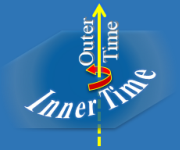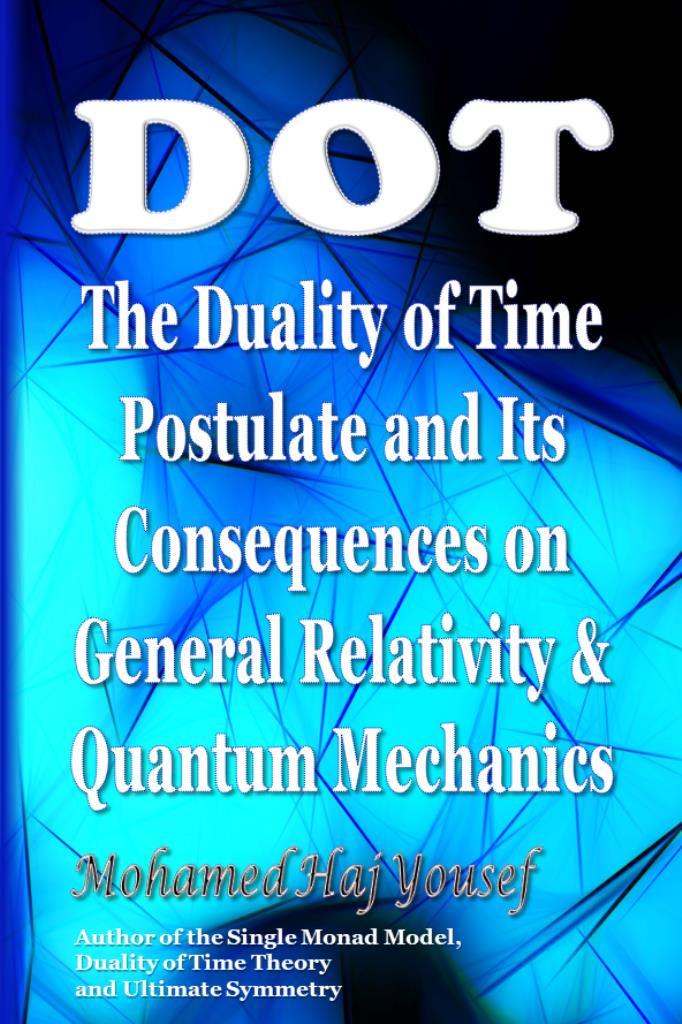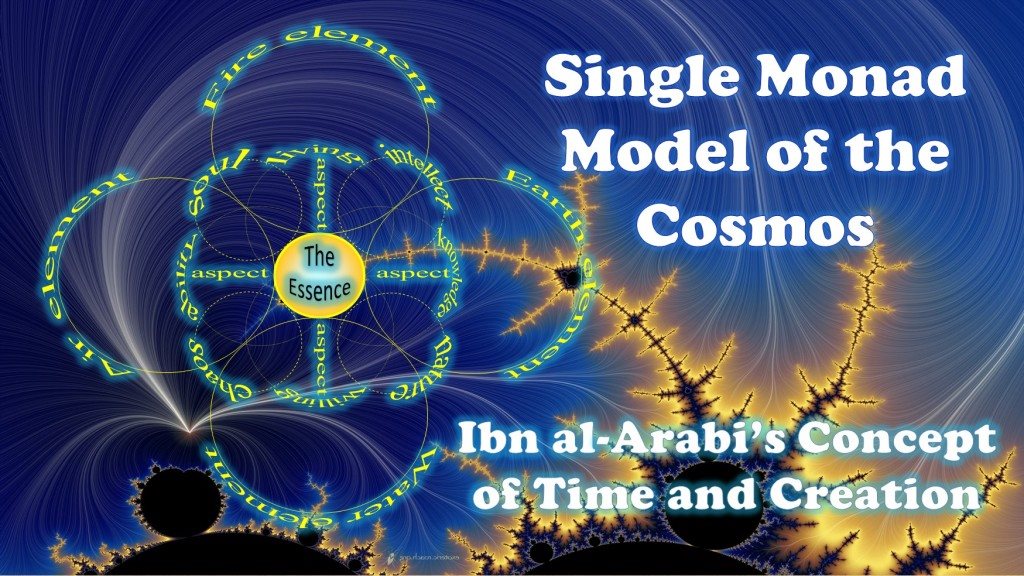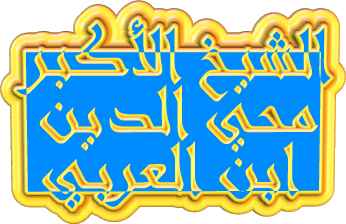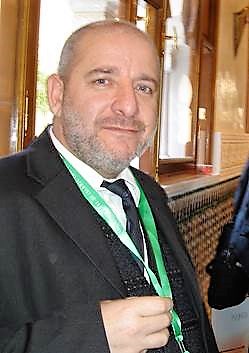2.4. The Year:
The year, for Ibn Arabi, is the time needed for the sun to perform one full revolution in the orb of the zodiac [III.548.28], as witnessed from the earth. Like the Babylonians,[57] Ibn Arabi considers the year to be 360 days [III.434.9], and not like our calendar year of 365.25 days.
Ibn Arabi regards our solar year and the solar (and lunar) month as conventions set up by human observers, while the 360-day year, the twenty-eight day month, the (seven-day) week/Week, and the (sidereal) day/Day are divine periods of time set up by Allah when He created the heavenly orbs and made them move [III.548.27]. It is noteworthy in this regard that the 360-day year does not equal twelve of the twenty-eight-days months. These four time cycles that Ibn Arabi talks about are not meant for calendar purposes; they are said to be the actual measures of time set up by Allah when He created the world. Moreover, Ibn Arabi shows that this non-integer ratio is preordained and essential for the vastness of creation, because the creation is built upon the act of generation (takwin), and with complete ratios no generation could happen; so there have to be integers and fractions [II.440.7].
The differences between the witnessed lunar month (synodic lunar month = 29.53 days) and the divine lunar month (of twenty eight days), and between the witnessed year (365.25 days) and the 360-day year, might be because of the interference of the different motions of the sun, the earth and the moon. As the earth spins around its axis it also rotates around the sun, and as the moon rotates around the earth it also moves with the earth around the sun. These interfering motions may account for the difference. For example, if we measure the period of the moon relative to those stars that are apparently fixed (this is called sidereal lunar month), we get only 27.32 days (and not the usual 29.53 days, the observed lunar month). The divine lunar month for Ibn Arabi is twenty eight days because he measures that period in relation to the zodiac (far-away galaxies) or actually the Isotropic Orb, and not the orb of the sun or the constellations [I.656.13], because those constellations are not actually fixed [III.549.3]. Also we have to know that the length of the observed earthly day varies from one place to another on the earth and from summer to winter throughout the year, and that the normal solar year and the normal lunar month slightly vary from time to time due to the influence of gravitation of other planets and stars that change their positions inside and relative to the solar system, respectively. Thus the mean solar day in the year 2000 is about 1.7 milliseconds longer than it was in 1900, and is slowly getting longer. There is a possible allusion in the Qur an to such long-term changes in the length of the year and the month, where Allah says:
The quantity of months with Allah is twelve months
(in a year)
by Allah's ordinance in the day that
(when)
He created the Heavens and the earth
(9:36): in other words, it could be that the year started as twelve months each of twenty-eight days, but that this then changed with time as the motion of the earth slowed down and as the solar year became longer, and also as the lunar month became longer than twenty-eight days.
In this regard, we should also notice that in Arabic there are two names for the year which do not appear to have identical meanings:
sana and
am. Although both terms are currently used to refer to the year, it seems from the etymological meaning of those two names and from Ibn Arabi's and Qur anic usage that the word
sana means the original 360-day year, while
am which literally means 'entire' or 'full' is the time needed for the earth to make a full revolution around the sun, which is the slowly lengthening conventional year now observed on earth. In the Qur an, Allah distinguishes between these two Arabic words in one verse that declares the time that Prophet Noah stayed with his folk:
And verily We sent Noah unto his folk, and he continued with them for a thousand years (sana) save fifty years ( am); and the flood engulfed them, for they were wrong-doers (29:14).

